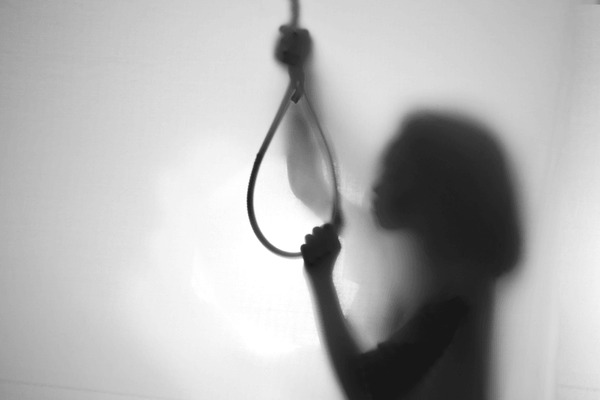Suicide is a growing public health concern that continues to claim the lives of over 700,000 people globally every year, with an untold number of additional suicide attempts, according to World Health Organization (WHO).
The devastating effects ripple through families, communities, and nations, leaving behind grief, loss, and long-lasting emotional scars.
Globally, suicide was the third leading cause of death among 15- to 29-year-olds in 2021, according WHO, signaling the need for immediate action.
Rwanda’s response to the global suicide crisis
In Rwanda, suicide prevention has been identified as a critical public health challenge.
According to the WHO Global Suicide Report, Rwanda had an estimated suicide rate of 5.6 per 100,000 people in 2019, close to the global average of 9.2 per 100,000.
As part of a global initiative, Rwanda joined the international community on September 10 to mark World Suicide Prevention Day under the theme “Changing the Narrative on Suicide.” While this day is commemorated annually, the entire month of September is dedicated to raising awareness around mental health and suicide prevention across the country.
To address the challenge head-on, Rwanda has launched national awareness campaigns aimed at destigmatizing mental health issues.
One of the cornerstones of Rwanda’s efforts is the mental health hotline, 114, which provides immediate support to individuals in crisis. The hotline has become a vital tool in suicide prevention, offering a lifeline to those in need.
Additionally, Rwanda partners with international health organisations like WHO to enhance its mental health infrastructure, train healthcare workers, and improve access to psychological services.
The global suicide landscape
Suicide is not confined to high-income nations; it spans all corners of the globe, with a significant toll on low- and middle-income countries.
Approximately 73% of all suicides in 2021 occurred in such regions, underlining the widespread nature of this issue across socioeconomic and cultural backgrounds. In fact, suicide is the fourth leading cause of death for individuals aged 15 to 29, making it a pressing issue for the youth worldwide.
The factors contributing to suicide are complex.
Mental disorders, particularly depression and alcohol use disorders, are strongly linked to suicide in high-income countries. However, many suicides occur impulsively in moments of extreme crisis—often triggered by life stresses such as financial hardships, relationship conflicts, or chronic illness.
Additionally, vulnerable populations, such as refugees, migrants, indigenous peoples, the LGBTI community, and prisoners, face a heightened risk due to experiences of discrimination, violence, and isolation.
Prevention and the path forward
The WHO’s “LIVE LIFE” initiative lays out several evidence-based interventions to prevent suicide. Among the key strategies are limiting access to means of suicide (such as pesticides and firearms), promoting responsible media reporting on suicide, fostering socio-emotional life skills in adolescents, and ensuring the early identification, assessment, and follow-up of those affected by suicidal behavior.
Beyond interventions at the individual level, foundational pillars such as multi sectoral collaboration, awareness campaigns, capacity building, and surveillance are crucial. Countries like Rwanda have recognized the need for a comprehensive multi sectoral suicide prevention strategy, incorporating public health, social welfare, education, and justice sectors.
The urgency to reduce suicide rates has been acknowledged globally, with suicide prevention becoming a priority in international health policies. Notably, the reduction of suicide rates is a key indicator in the United Nations Sustainable Development Goals and the WHO’s Comprehensive Mental Health Action Plan (2013–2030).
A call to action
Despite the growing awareness, suicide remains a neglected public health issue in many regions, and efforts to prevent suicide need to be urgently scaled up. The global community must invest in mental health resources, provide psychosocial support, and encourage those struggling with suicidal thoughts to seek help.
Suicide is preventable, but it requires timely interventions, compassionate care, and concerted action from all sectors of society.
As Rwanda and the world commemorate World Suicide Prevention Day, the message is clear: more must be done to change the narrative on suicide and save lives. With the right strategies, adequate funding, and a united effort, we can make a difference in reducing the tragic loss of life caused by suicide each year.

